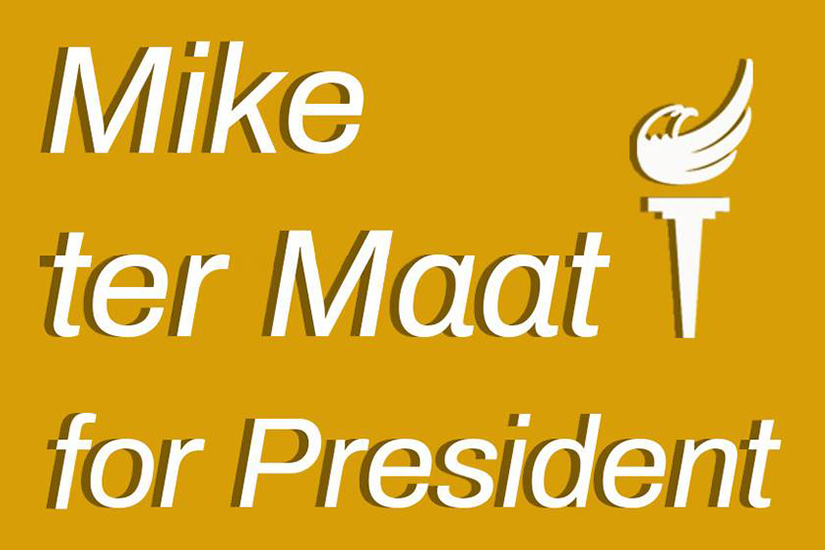
Be Part of the Movement: Subscribe to the Campaign Email Newsletter!


Issues

The most transformative agenda, backed up by credible expertise and real-world solutions.

News

The most credible campaign in the Libertarian Party

CONTRIBUTE

Advance the campaign poised to put the Libertarian Party on the political map.
Contact The Campaign





